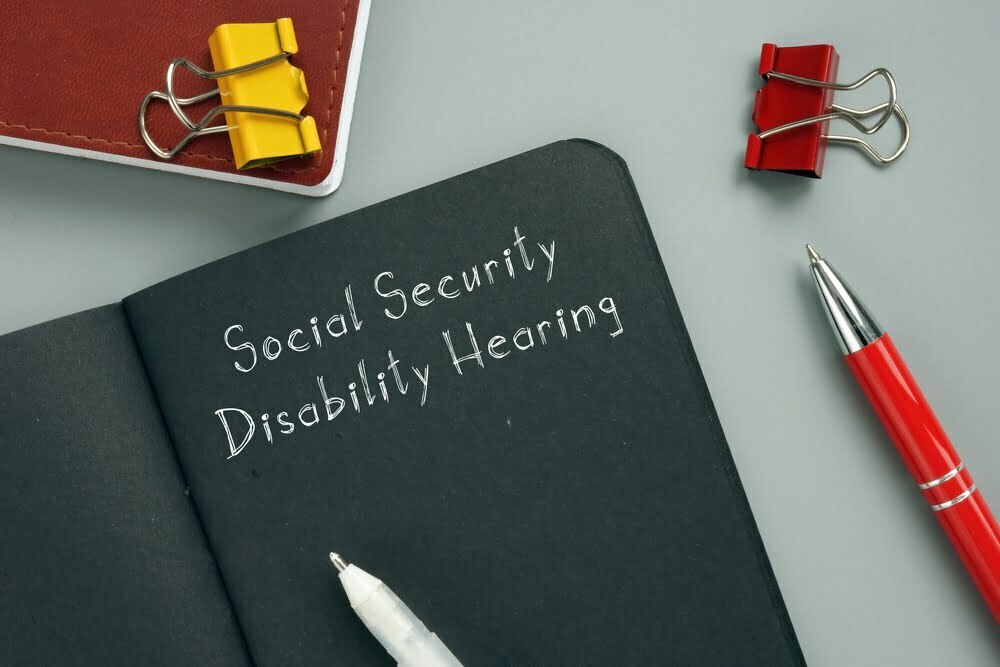
With delays of two years, at a minimum, from the date of filing to the date of the asylum interview, at least in San Francisco, it is important to be well prepared for the interview. In most cases, this will mean updating the supporting documents to show that country conditions are still the same if not worse, as they were at the time you filed. In this post, I will offer some tips on how you can best prepare for your asylum interview.
1. Know your case
Due to the long delay from the time of filing to the date of the interview, you may have forgotten what you stated in your application and in your declaration. You have been focusing your time in the United States on working or learning English. You are far removed from the events that took place in your home country. Now you must take the time to review your case and supplement the documentation if necessary, if events have occurred since the date of filing. You need to prepare for your interview as if you were studying for an exam. You need to remember names, dates, and places – all details of your application.
2. Remember how you felt when you first arrived in the United States and convey that feeling
Again, it has been awhile since you filed your application. You have been accustomed to life in America. You may be feeling more at ease than when you first arrived. Unfortunately a peaceful feeling is not what you want to convey at your interview. You want to remember how you felt the day you arrived and be able to convey that feeling to the asylum officer. In order to win asylum, you must prove that there is an objective basis and a subjective basis to your fear of persecution. You have to show that you are scared and frightened to return. Talk to people who are still in your home country and find out what is happening there. Read up on current events and submit some of that documentation to the asylum office. Think back on the events that caused you to leave and how you felt, and then walk into the asylum office with those feelings.
3. Practice interviewing
Hopefully your attorney will prepare you for the interview and will review the questions with you. After your preparation session with your attorney, you should still practice. Have a friend ask you some of the questions that your attorney asked you. Try to create the conditions that will be present at the asylum office. Thus, you should have someone pretend to be the asylum officer and someone be the interpreter.
4. Understand American culture
In addition to determining whether or not you are afraid to return to your country, the officer is also making a decision as to whether or not you are telling the truth. You are at a disadvantage because the interview is held in the United States, not in your home country. The officer conducting the interview is American. You are expected to conform to American norms even though you may not know what they are. In American culture, we can tell if someone is telling the truth when someone looks into our eyes when talking. Thus, even though it may not be the norm in your culture to look into the eyes of someone in a position of authority when speaking, it is the norm in American culture. You must look directly into the officer’s eyes when answering questions. This is true even if the officer is not looking at you the entire time. You must not fidget, or squirm. If you do not understand a question, it is perfecting fine to ask the officer to repeat or rephrase the question. Do not answer any question that you do not understand.
5. Go to the Asylum Office a couple of days before your interview so you know where it is
You will be nervous enough on the day of your interview and you do not need additional stress. Go to the asylum office a few days before so you know how you get there. You will not be able to go inside the office itself but you can at least find the building. Locate the closest bus stop or parking garage so that you do not have to worry about it on the day of your interview.
I wish you the best at your interview. If you have any additional suggestions, feel free to comment to this post.





